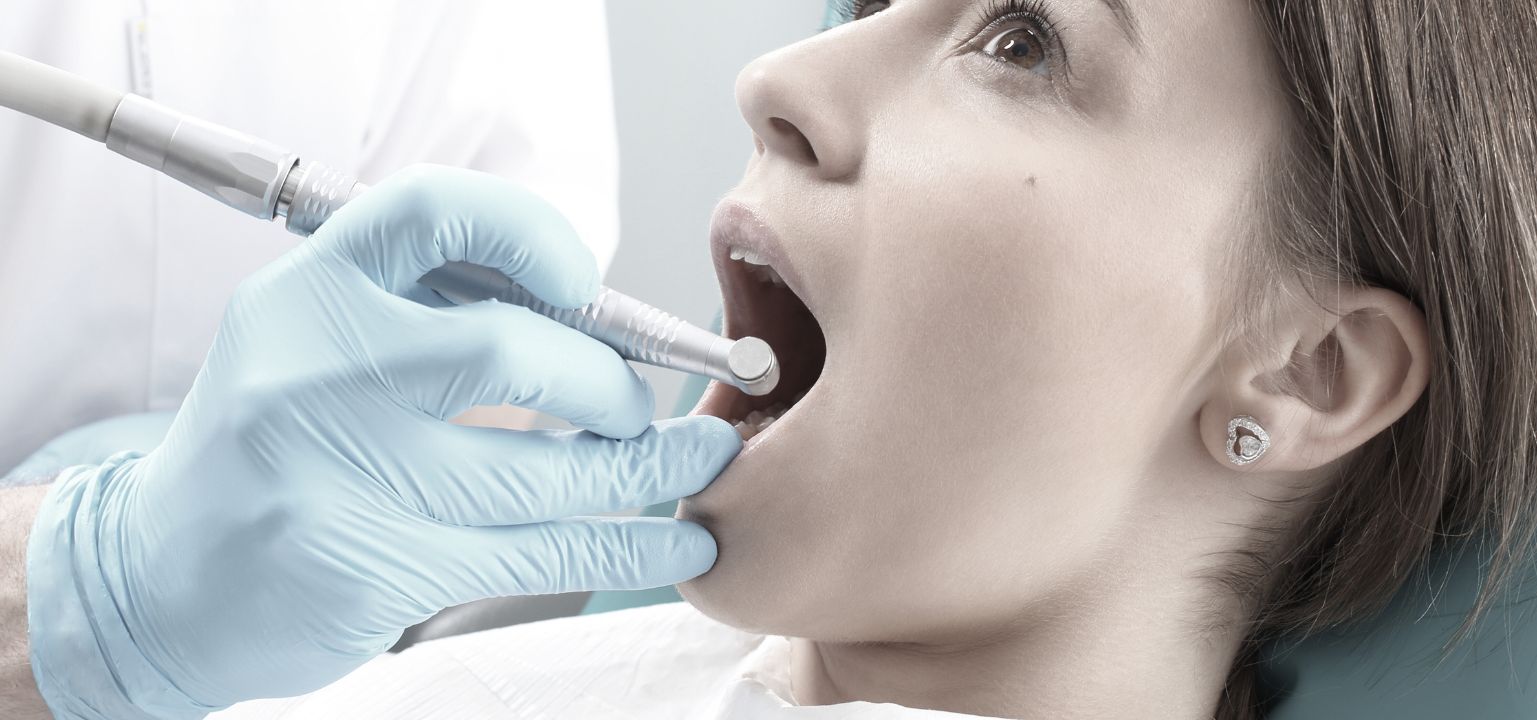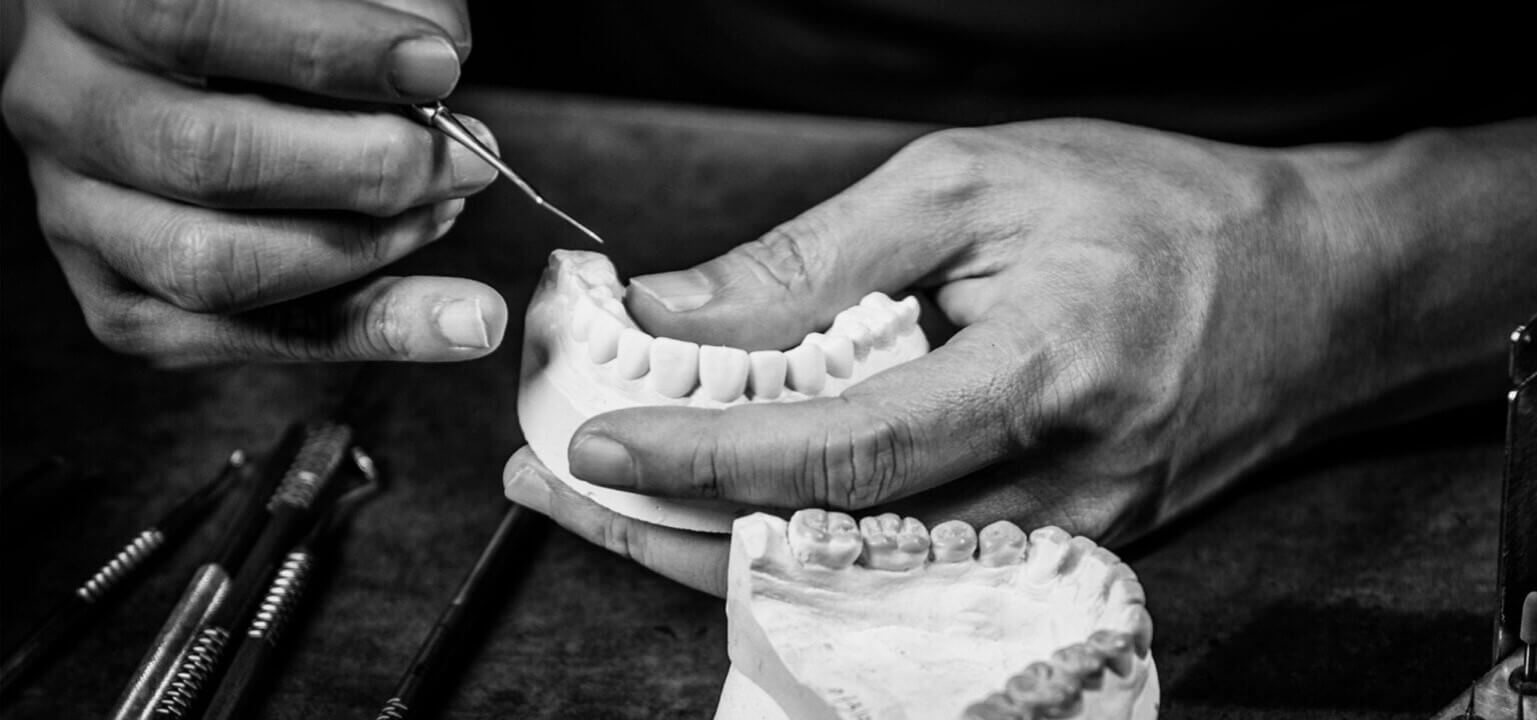

Undergoing a root canal treatment is often necessary to save a tooth from severe decay or infection. However, it's common for patients to experience discomfort or pain after the procedure. Understanding what kind of pain is normal and when to seek help is essential for a smooth recovery.
However, it's common for patients to experience discomfort or pain after the procedure. Understanding what kind of pain is normal and when to seek help is essential for a smooth recovery.
In this blog, we'll explore the different aspects of pain after a root canal and guide on what to expect, ensuring you're well-informed and comfortable during your recovery.
What to Expect Immediately After a Root Canal
A root canal treatment is designed to remove the infected pulp from inside your tooth, eliminate pain, and save the tooth. However, the procedure itself can cause some temporary discomfort. It's normal to experience mild or moderate pain or tenderness in the treated area for a few days after the procedure. This discomfort is typically due to inflammation in the surrounding tissues and should gradually subside as the healing process continues.
Common Types of Post-Procedure Pain
1. Mild Discomfort:
Most patients report mild pain or sensitivity, especially when biting down or chewing. This type of discomfort usually lasts for a shorter time and can be managed with over-the-counter pain relievers suggested by medical professionals. It's important to follow your dentist's recommendations on pain management and avoid eating hard or crunchy foods that may irritate the treated area.
2. Soreness in the Jaw:
You may also experience soreness in your jaw, particularly if the procedure took a long time or if your mouth was open for an extended period. This pain is usually temporary and should improve within a few days.
3. Swelling and Tenderness:
It's unusual to experience significant swelling, but it's normal to feel some tenderness around the tooth that was treated. This is your body's natural response to the procedure and is part of the healing process.
When Pain Becomes a Concern
Sometimes after the root canal, mild pain is expected but certain signs indicate a problem and require prompt attention. If you experience any of the following symptoms, it's important to consult your dentist:
1. Severe or Prolonged Pain:
If the pain worsens or does not improve after a few days, it could be a sign of serious complications. Lingering pain may suggest that the infection has not completely cleared or that there is an issue with the filling or crown placed after the root canal.
2. Swelling that Worsens:
Minor swelling is normal, but if it becomes more pronounced or is accompanied by a fever, it could signal an infection. In such cases, you may need additional treatment or antibiotics.
3. Allergic Reaction to Medications:
In rare cases, patients may have an allergic reaction to medications prescribed after the procedure, such as antibiotics or pain relievers. Symptoms may include itching, rash, or difficulty breathing. If you experience any of these symptoms, seek medical attention immediately.
4. Signs of Infection:
If you notice pus, a bad taste in your mouth, or persistent bad breath, these could be signs of an ongoing infection that needs to be addressed by your dentist.
Tips for Managing Pain and Ensuring a Smooth Recovery
Below are the listed tips to manage pain and promote healing after your root canal treatment:
Take Medications as Prescribed: Remember to take your medications as prescribed. If your dentist has prescribed antibiotics or pain relievers, make sure to take them. This will help prevent infection and effectively manage any discomfort.
Maintain Good Oral Hygiene: Gently brush and floss around the treated area to keep it clean and prevent infection. Avoid being too aggressive, as this could irritate the area.
Avoid Hard or Chewy Foods: For the first few days after the procedure, stick to soft foods to avoid putting unnecessary pressure on the treated tooth.
Follow Up with Your Dentist: Visit your dentist according to your appointments scheduled to ensure the treated area is healing properly and to address any concerns you may have.
Understanding the nature of pain after a root canal treatment is important for a smooth and successful recovery. While some discomfort is normal knowing when to seek help can prevent complications and ensure that your tooth heals as expected.
If you are in search of root canal treatment in RS Puram, schedule a consultation at SG Jain Multi-speciality Dental Clinic.
All Blog
- Does a More Expensive Clinic Guarantee Better Dental Implant Results?
- The Psychological Benefits of Full Mouth Rehabilitation: Beyond the Price Tag
- How do I choose the best restoration option for me?
- Top 10 Tips for a Smooth Recovery After Wisdom Tooth Removal Surgery
- Clear Aligners vs. Metal Braces: Which One is Right for Your Smile?
- Understanding Pain After Root Canal: What You Should Know and When to Get Help
- The Cost of Digital Smile Design: Is It Worth the Investment?



